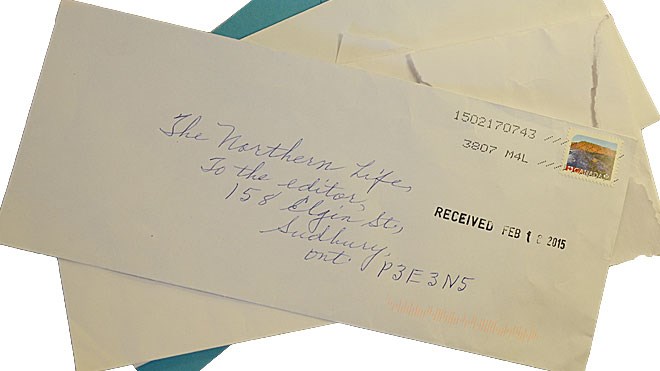Editor’s note: The following letter is in response to the article “Law Day: Sudbury’s major contribution to Canadian freedom,” which appeared in the April 21 edition.
The paradoxical effect of rulings such as Zylberberg et al v. Sudbury Board of Education is that it becomes permissible and encouraged to practise any religion in public — as long as it isn’t Christianity.
The resulting abolition of the Lord’s Prayer in favour of readings and prayers from other religions in Janicas’ high school is an example of this.
Accommodation of politically recognized minorities (religious and otherwise) in this country has a tendency to be pushed too far, such that — ironically — other groups, including the majority, see their rights unjustly and unnecessarily curtailed in order to avoid the mere appearance of favouritism towards them, or the slightest inconvenience to or perceived offence against the minority group.
While certain members of religious minorities might feel intimidated by the public practise of faith by the majority or another large group, surely the answer is not to suppress the latter.
Freedom of religion is meant to protect the right of individuals to practise their own religion, free from coercion by the state or other groups. It would be one thing if the board had been forcing the students to recite along with the Lord’s Prayer.
But, merely reciting a prayer in someone’s presence, even if the prayer is recited by an official, is in no way imposing the religion or prayer on the individual.
Far from it, asking someone to wait patiently while others complete a brief religious practice which they deem important to them seems to be exactly what multiculturalism and the tolerance of religious pluralism demands.
It is unfortunate that the Ontario Court of Appeals failed to recognize this when ruling on this case.
J.P. Rank
Sudbury
Join Sudbury.com+
- Messages
- Post a Listing
- Your Listings
- Your Profile
- Your Subscriptions
- Your Likes
- Your Business
- Support Local News
- Payment History
Sudbury.com+ members
Already a +member?
Not a +member?
Sign up for a Sudbury.com+ account for instant access to upcoming contests, local offers, auctions and so much more.
